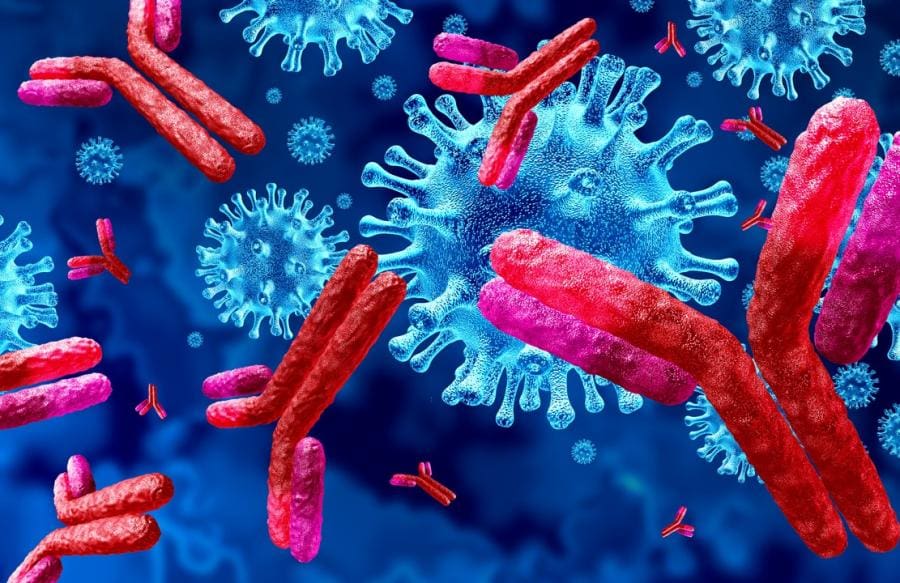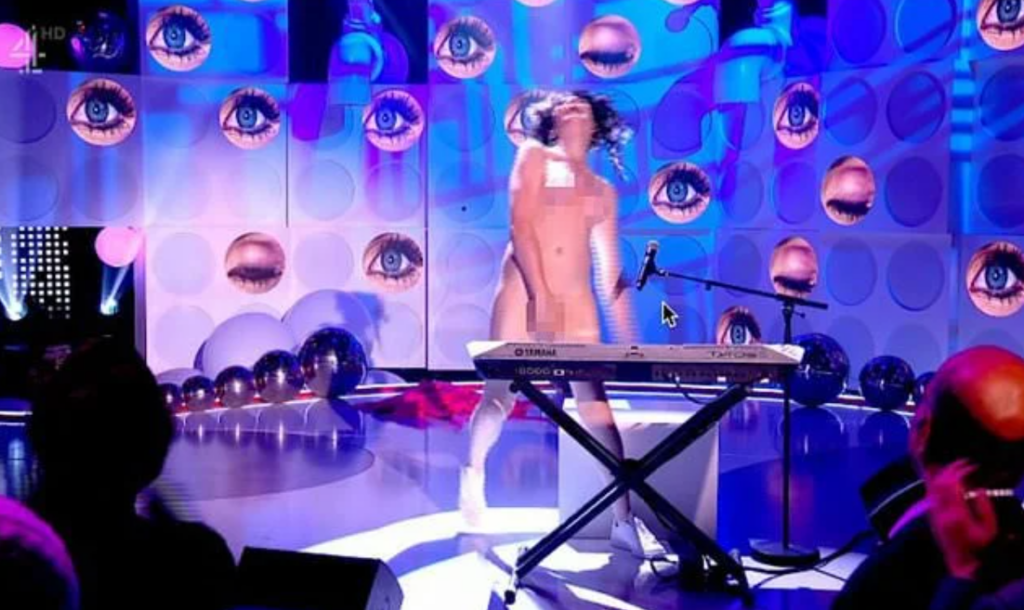

Antibodies May INCREASE Infection Risk in Children, Study Finds
Having antibodies against COVID-19 provides children with little or no protection against infection, a study published in JAMA has found. Instead, the main determinant of protection is cellular immunity (i.e., T cells). Worse, against Omicron having antibodies actually increased the risk of infection, which may help to explain the negative vaccine effectiveness seen in a number of studies, where infection rates are higher in the vaccinated than the unvaccinated.
The study assessed protection from SARS-CoV-2 infection in 79 children aged four to 11 years in England. The results are depicted below.


Notice that the two cellular-positive bars (pink and beige) are much lower than the two cellular-negative bars. This shows that being cellular positive entailed much lower infection risk than being cellular negative, regardless of whether the person had antibodies (i.e., was seropositive). Having antibodies here did result in a slightly reduced risk of infection, but not much.


The chart above shows the infections over time. The most striking aspect is the huge green column in January for Omicron, which is for the cellular-negative. Note also that the pink bar in January is slightly higher than the beige bar. The pink bar is antibody-positive whereas the beige bar is not (both are cellular positive), suggesting antibodies here were a disadvantage against Omicron.


This unexpected result is confirmed in the next chart (above) for Omicron, which shows the infection risk in the seropositive (pink) considerably higher than the seronegative (beige) among the cellular-positive. This means that while T cells were highly protective against Omicron, antibodies appear to have been anti-protective (or at least coincided with something anti-protective or higher risk). The authors note that the small size of the study means its findings need confirming in larger studies as many of its results are not statistically significant.
The authors remark that these results are important in light of results showing the Pfizer vaccine offering just 11% protection for children aged five to 11 against Omicron – far less than the protection indicated here by cellular immunity. The authors might also have noted studies which find negative vaccine efficacy, which fit with the anti-protection from antibodies observed here.
The authors note that an earlier study had found that around two thirds of children aged four to 11 who tested negative for antibodies nonetheless had cellular responses against SARS-CoV-2 spike protein, and such cellular responses were even present in four pre-pandemic samples. This is yet further indication that children gain little or nothing from Covid vaccination (both before and after infection). Yet they do bear the adverse effects, with one recent study finding up to one in every 500 children aged under five being hospitalised by the Pfizer jab.







